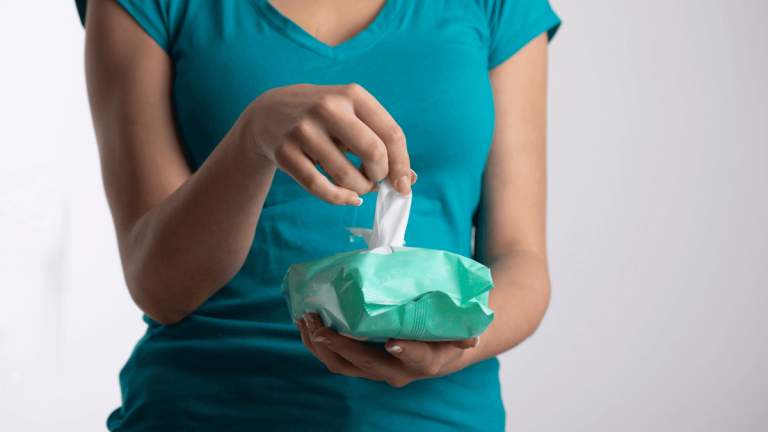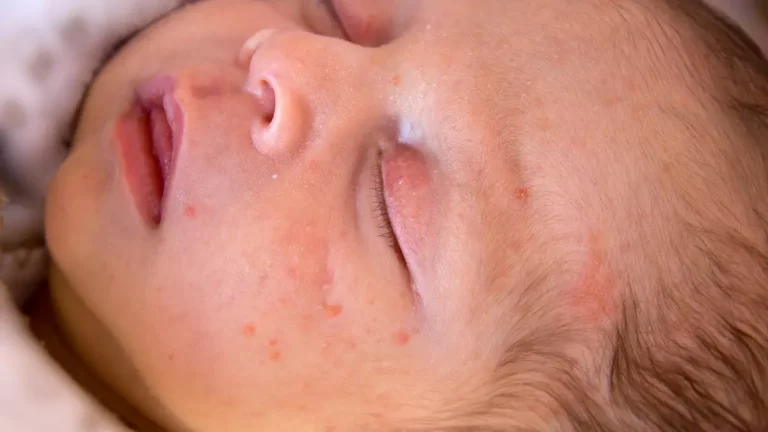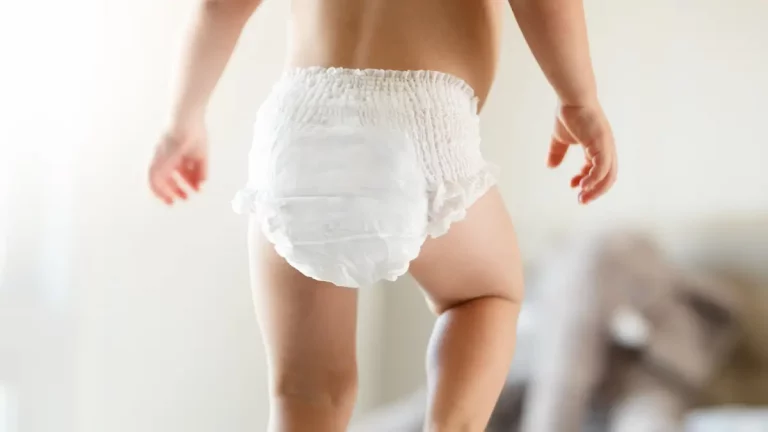HOW TO GET RID OF NEWBORN HICCUPS
As a new parent, you may notice your newborn hiccupping frequently, sometimes even multiple times a day. While it might seem concerning at first, newborn hiccups are usually completely normal and nothing to worry about. In fact, they are a common occurrence in babies and can even begin while they are still in the womb!
Why Do Newborns Get Hiccups?
Hiccups occur when the diaphragm, the muscle that helps control breathing, contracts involuntarily. This causes a sudden intake of air, which is then stopped by the vocal cords, producing the characteristic “hic” sound.
In newborns, the diaphragm is still developing, which makes it more prone to spasms. Some common reasons for hiccups in newborns include:
Overfeeding or Eating Too Quickly: If a baby drinks milk too fast or takes in too much air while feeding, it can cause hiccups.
Swallowing Air: Whether breastfeeding or bottle-feeding, some babies swallow air, which can lead to hiccups.
Gastroesophageal Reflux (GERD): In some cases, hiccups may be associated with mild reflux, where stomach contents flow back into the esophagus, irritating the diaphragm.
Temperature Changes: A sudden drop in temperature can sometimes trigger hiccups.
Excitement or Stimulation: Some babies hiccup when they get excited or after a lot of movement.
When Should You Be Concerned?
In most cases, newborn hiccups are harmless and will go away on their own within a few minutes. However, if your baby experiences frequent, prolonged hiccups that seem to cause discomfort or are accompanied by other symptoms like excessive crying, vomiting, or feeding difficulties, it may be a good idea to consult a pediatrician.
How to Help Your Baby with Hiccups
While hiccups typically resolve on their own, there are a few things you can do to help:
1. Burp Your Baby: Burping your baby during and after feedings can help release trapped air and reduce hiccups.
2. Change Feeding Positions: Keeping your baby in an upright position while feeding can prevent excessive air intake.
3. Give Smaller, More Frequent Feedings: This can help prevent overfeeding and reduce the chances of hiccups.
4. Wait It Out: Most hiccups will go away on their own without any intervention.
Newborn hiccups are a natural part of development and are rarely a cause for concern.
They usually don’t bother babies and tend to decrease as they grow older.
If you’re ever worried about the frequency or intensity of your baby’s hiccups, it’s always a good idea to check in with your pediatrician for reassurance.






